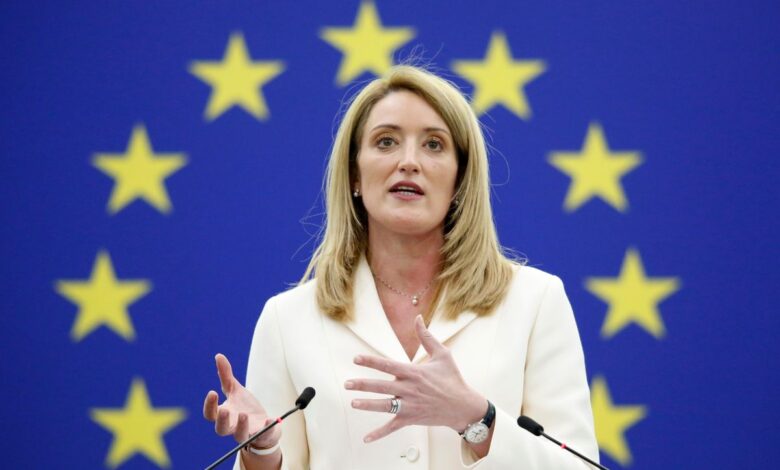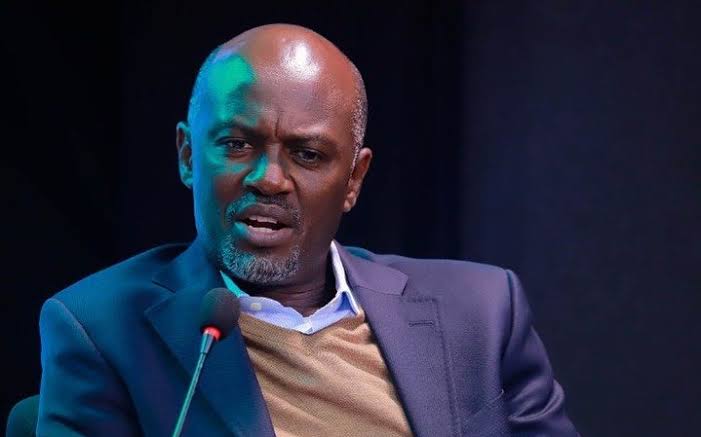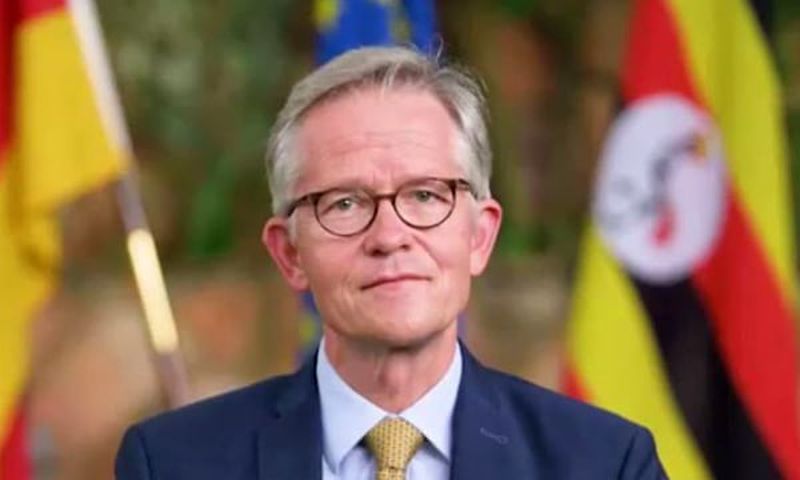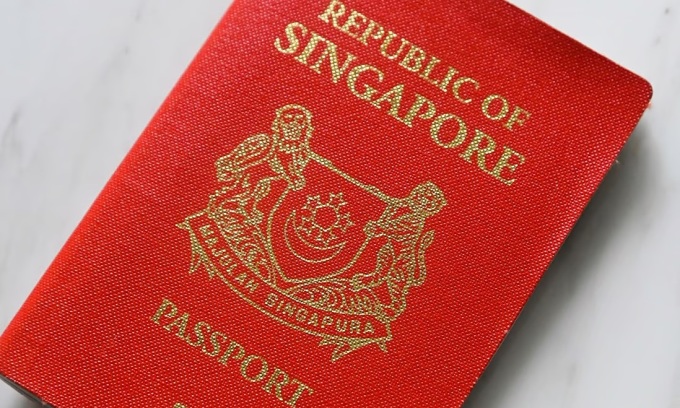Energy tops agenda of Prague EU summit
European Parliament President Roberta Metsola called for European unity in response to the energy crisis.

Leaders of European Union (EU) member states met in PRAGUE for an informal summit on Friday focusing on energy, the economic situation and the Russia-Ukraine conflict.
“We are at a critical juncture once more,” European Commission President Ursula von der Leyen said in a letter to the member states ahead of the summit.
“The energy crisis is severe and has entered a new stage. Only a common European response can reduce energy costs for families and businesses and provide energy security for this and coming winters.”
She recommended stepping up negotiations with suppliers to reduce the prices of imported gas of all kinds, developing an intervention to limit prices in the natural gas market and limiting the inflationary impact of gas on electricity.
“We are ready to discuss the introduction of a temporary cap on the price of gas that is used to generate electricity,” she said.
European Parliament President Roberta Metsola called for European unity in response to the energy crisis.
“We need a strong signal of unity. This is why the European Parliament has called for an EU bloc-wide gas price cap,” she said. “We need better, more regular cooperation between states on long-term gas prices. By spring, our gas storages will need refilling, and we must be in a situation where we can buy reasonably priced gas from reliable partners.”
Czech Prime Minister Petr Fiala, whose country currently holds the rotating Presidency of the Council of the EU, said on Thursday that the EU cannot be expected to agree on capping the price of gas at the Prague summit or at its regular October summit in Brussels as “the problem is complex and will require a long time.”
Fiala, who was critical of the German proposal for state support, pointed out that finding a joint European solution seems better to him than seeking national solutions, the Czech News Agency reported.
The German government plans to spend 200 billion euros (196 billion U.S. dollars) on softening the impact of the high energy prices, which leaders of some other European countries “sharply criticized in Prague,” it reported.
“I repeatedly say on behalf of the Czech Republic that if we have only national solutions, we will be disadvantaged against some countries like Germany, and we should not allow for it,” Fiala was quoted as saying.
In addition, the EU leaders would examine ways to protect their countries’ critical infrastructure. Several leaks have been detected recently on the Nord Stream 1 and 2 gas pipelines in the Baltic Sea near Denmark and Sweden, an incident reportedly being investigated as probable sabotage.
The leaders were also discussing the overall economic situation. Inflation in the eurozone rose by 10 percent in September, a new record high since the launch of the single currency in 1999.







